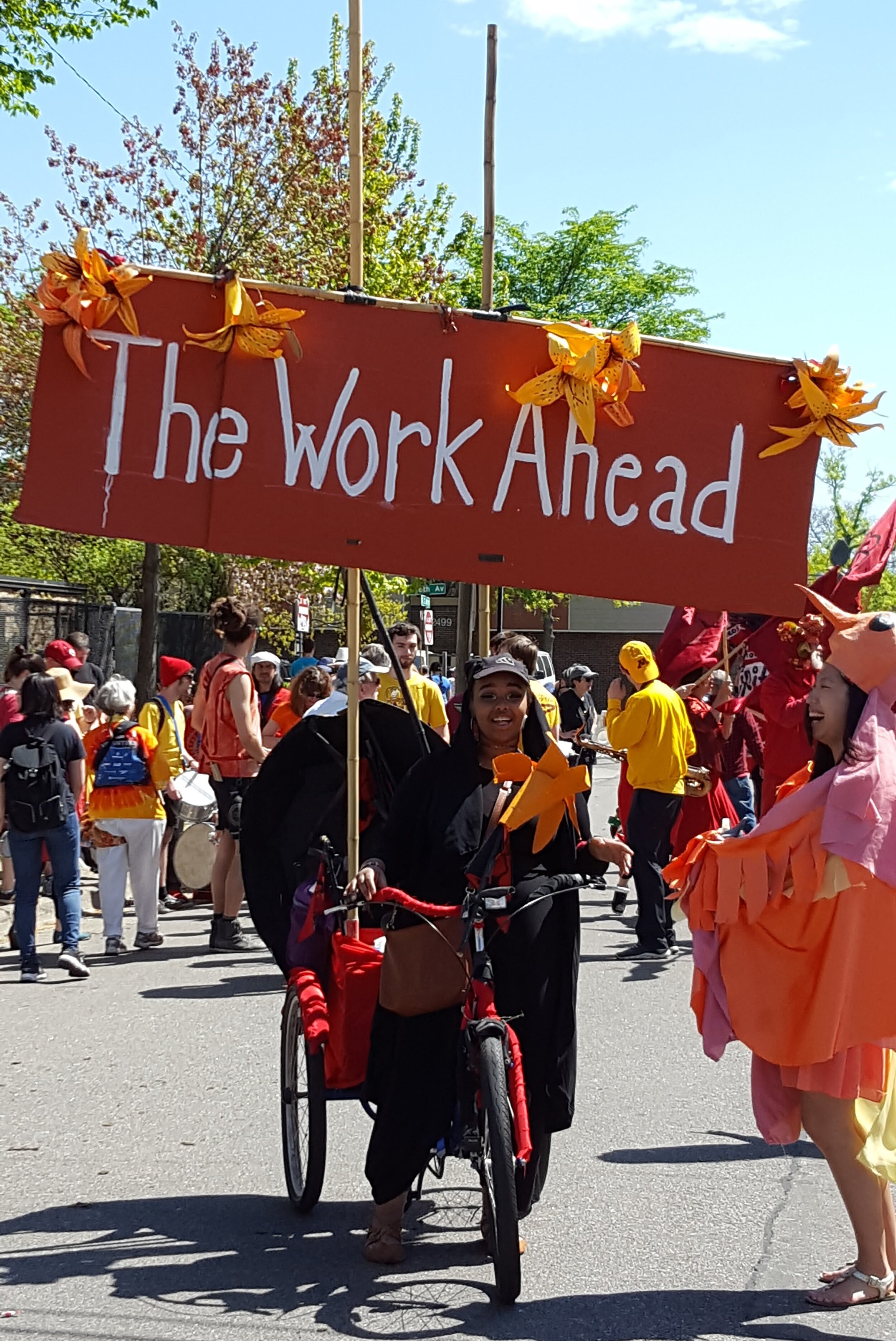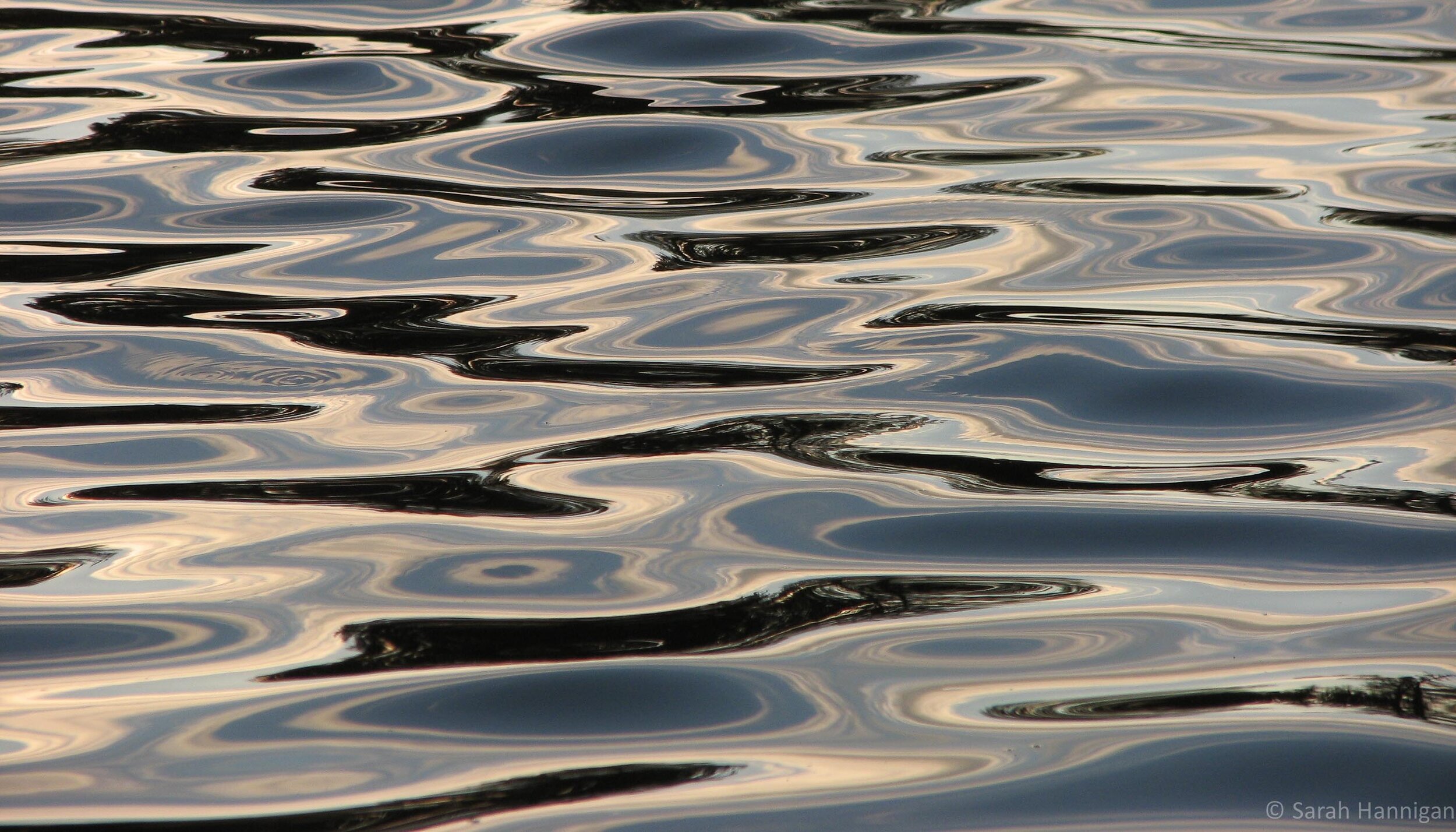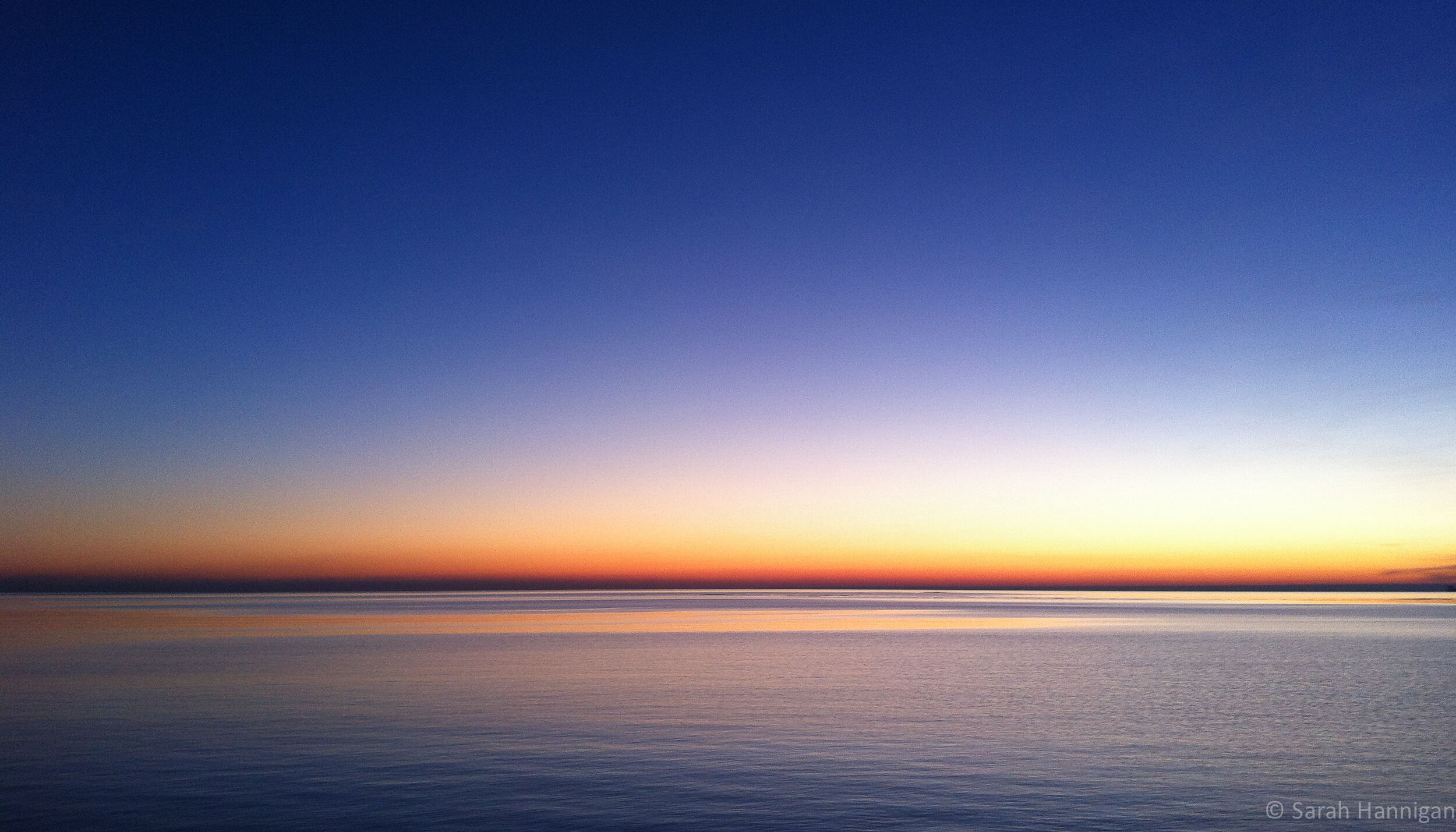IS IT TIME TO STRETCH BEYOND YOUR CURRENT EDGE OR REST WHERE YOU ARE AT?
Photo by Sarah Hannigan
In my weekly yoga class, I’m invited again and again to say hello to wherever my body is at in the moment. Becoming aware of my current physical capacity takes intentional slowing down and focusing in. It’s important to identify where I’m at so I can consciously choose to stretch beyond that edge. I can deepen into any pose, however tight it may feel at first, if I go slowly and use the breath for support. When exposed to ordinary demand, the muscles will not grow. If I want to expand my flexibility, strength, endurance, and resilience, I need to continually stretch beyond where I am at.
But that's not the whole story. Essential to this growth process is also the need to rest. Throughout class my teacher gives us brief moments to "soak in the work," as she likes to say. And at the end of class there is always a longer period of rest to more deeply integrate what we have learned.
This process of stretching then rest, stretching then rest, works not only for our bodies, but for our hearts and minds and spirits as well. And it works on an individual as well as an organizational and societal level. In order to grow we need to start wherever we’re at then stretch beyond that, with periods of rest along the way to fully integrate the learning. With you in this process.
A word of gratitude to my teacher Carolyn Ripp at
for your dedication to the practice and teaching of yoga.















